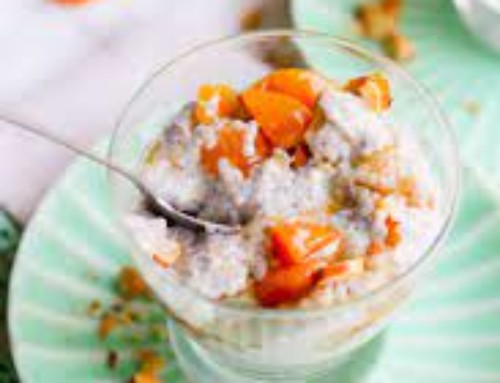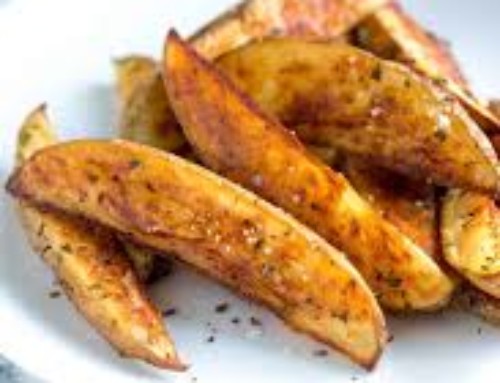Clients often ask me about celiac disease and how it’s different from gluten sensitivity. And what is gluten, anyway?
Celiac disease is an immune reaction in the small intestine to gluten, a protein found in wheat, barley, and rye. Celiac disease affects approximately 1 in 133 Americans. The big difference between celiac disease and gluten sensitivity is that celiac is an autoimmune disease that damages the villi in the small intestine. Over time, this reaction to gluten can lead to serious complications. Symptoms can include diarrhea, constipation, abdominal pain, fatigue, weight loss, bloating, nausea, vomiting, etc. If you are diagnosed with celiac disease, you need to follow a strict gluten-free diet to help manage symptoms and promote intestinal healing.
If you have gluten sensitivity, you can likely include gluten in your diet, but you need to determine how much you can have before it causes symptoms. People with gluten sensitivity may have some of the same unpleasant symptoms as people with celiac disease, but consuming gluten does not damage the small intestine.
Don’t try to self-diagnose your condition. Consult your doctor if you have diarrhea or digestive discomfort that lasts for more than two weeks. Be sure to consult your doctor before trying a gluten-free diet. If you stop or even reduce the amount of gluten you eat before you’re tested for celiac disease, you can change the test results.
If your doctor prescribes a gluten-free diet consider working with a dietician. Going “gluten-free” means avoiding foods that contain wheat, rye and barley. This may seem simple enough, but gluten is actually a hidden ingredient in many processed foods, medications and even lipstick!
The best way to implement a healthy, well-balanced gluten-free diet is to stick to fresh, whole foods. Use herbs to spice up main dishes, snack on fresh vegetables and fruits and make homemade energy bars with raw nuts and seeds. Avoid over-indulging in heavily processed gluten-free foods whenever possible. Just because the package says “gluten-free” doesn’t necessarily mean it’s healthy. Be especially wary of gluten-free convenience foods, such as crackers, cookies, cake mixes, etc. They can be loaded with refined sugar and empty calories.








Leave A Comment
You must be logged in to post a comment.